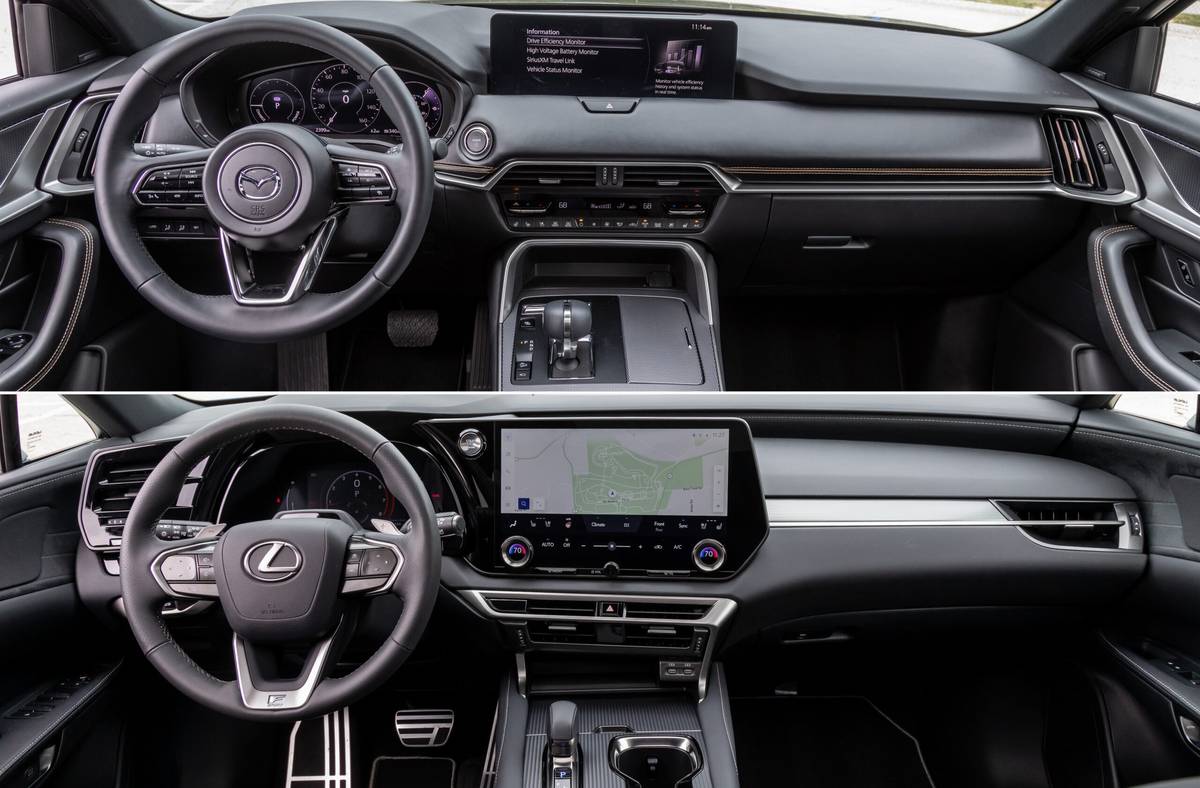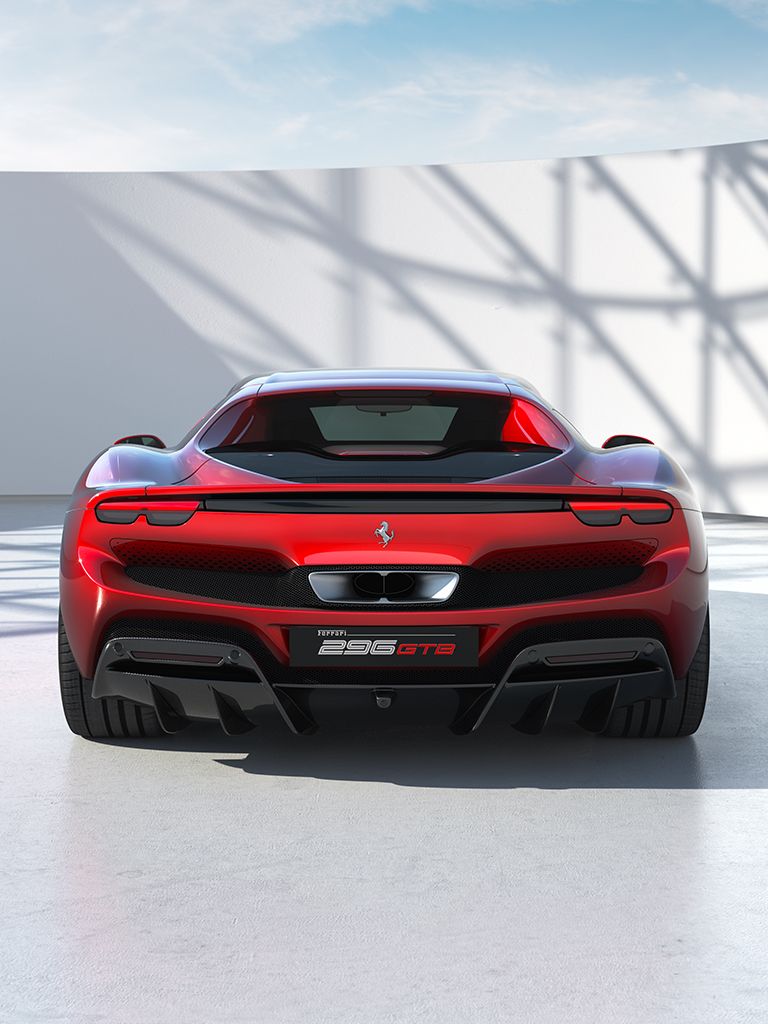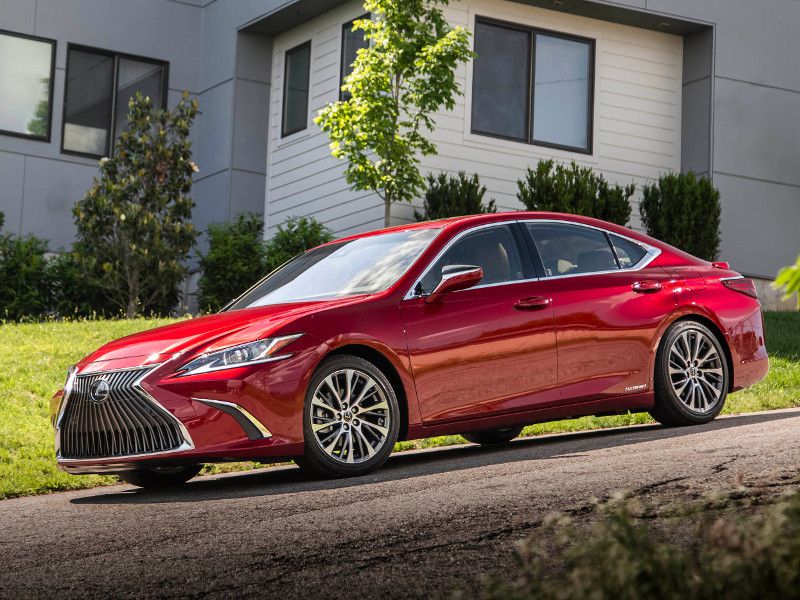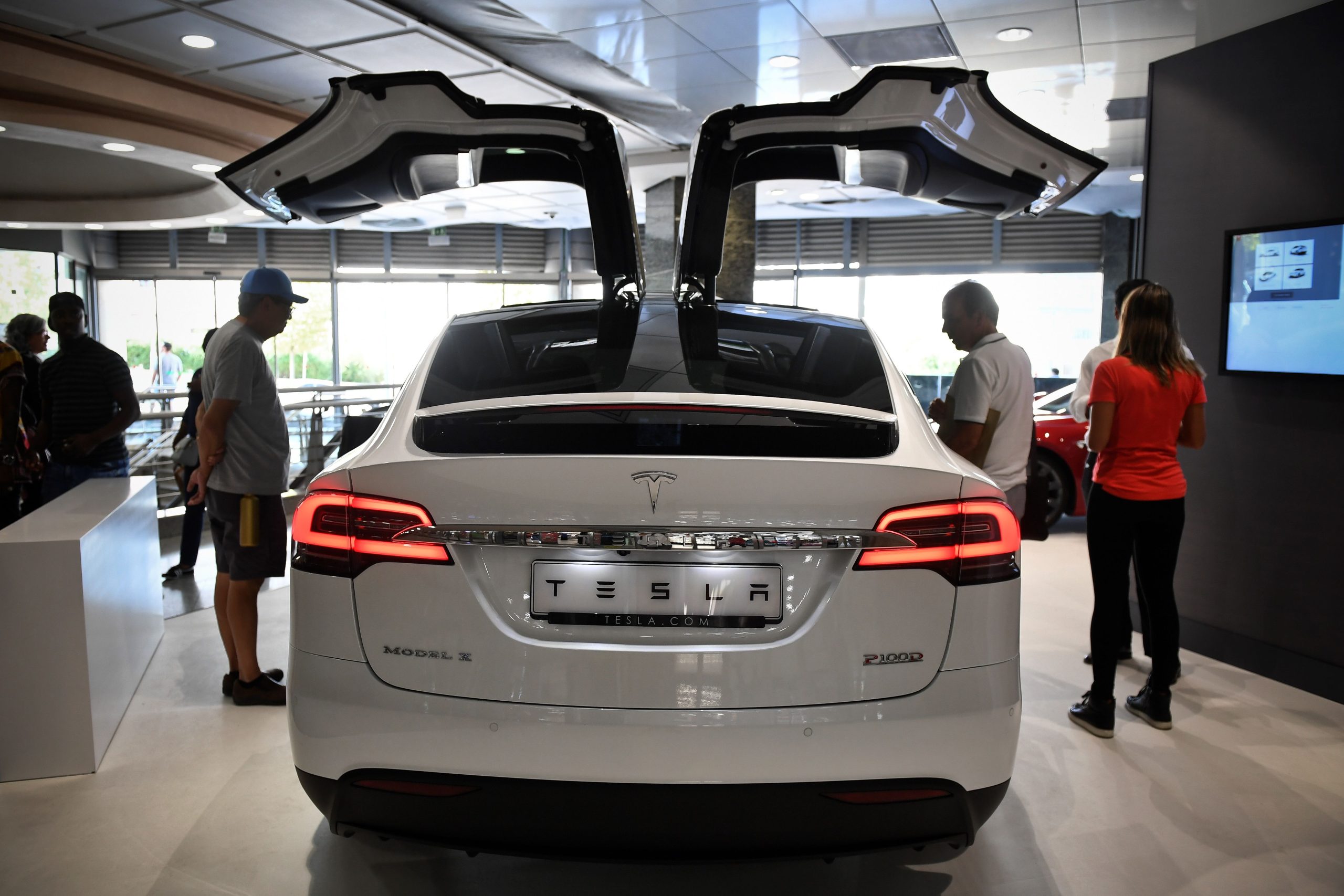Luxury Vs Economy Cars [Navigating the Trade-offs]
Luxury cars offer premium features and superior comfort compared to economy cars, which prioritize affordability and efficiency. Deciding between the two involves weighing personal priorities against financial considerations.
Luxury cars epitomize opulence and advanced technology, standing as symbols of status and success. Typically equipped with the latest safety features, high-end materials, and cutting-edge infotainment systems, they provide an unparalleled driving experience. On the other hand, economy cars are designed for the budget-conscious consumer.
They boast excellent fuel economy, lower purchase prices, and reduced maintenance costs. While not as plush or technologically savvy as their luxury counterparts, they excel in practicality and value. For consumers, the choice hinges on whether they seek the prestige and comfort offered by luxury brands or the cost-saving, functional reliability of economy vehicles. As buyers assess their needs, preferences, and financial flexibility, they lay the groundwork for a decision that will influence their driving experience and lifestyle.
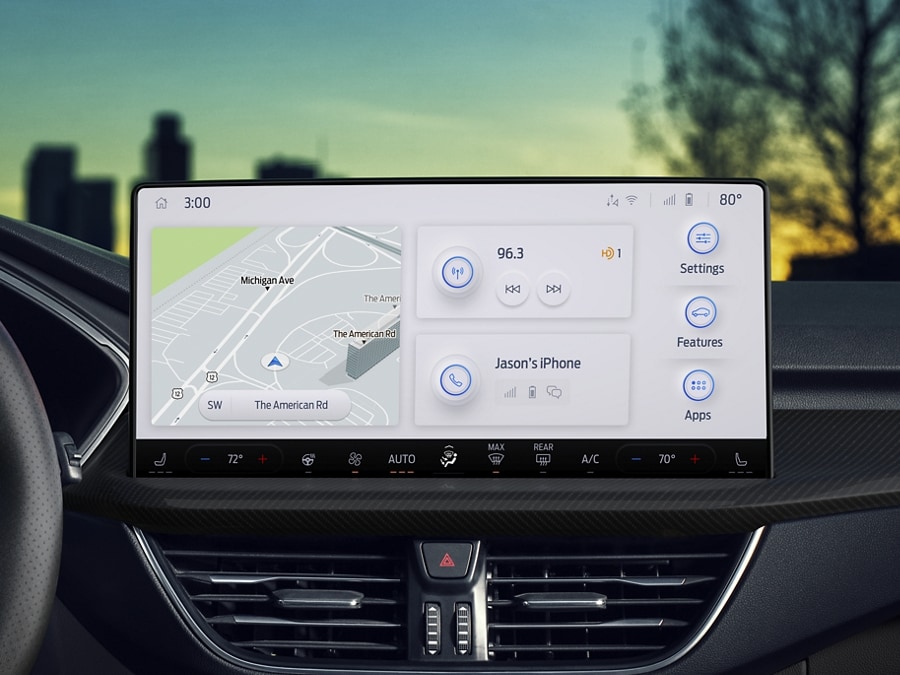
Credit: www.ford.com
Defining The Spectrum Of Car Classes
Understanding the different types of cars is key before making a purchase. Car classes range from basic to opulent. The choice depends on budget, needs, and desire for comfort.
From Economy To Luxury: The Basic Differences
Economy cars are budget-friendly and fuel-efficient. Their main aim is practicality. Luxury cars, on the other hand, offer superior comfort, advanced technology, and impressive performance. They come with a higher price tag. Consumers choose based on preference, travel needs, or financial plan.
Breaking Down The Categories: Compact, Mid-size, Suv, And More
- Compact Cars: Perfect for city life, these cars are easy to park and maintain.
- Mid-Size Cars: Offering more space, they suit small families or business professionals.
- SUVs: These bring versatility and road presence. Good for families and adventure enthusiasts.
Other categories include convertibles for that wind-in-your-hair feel and coupes for sporty dynamics. Trucks and vans cater to utility needs while maintaining comfort and driving ease.
| Car Type | Features | Use Case |
|---|---|---|
| Economy | Fuel efficiency, Affordability, Basic amenities | Daily commutes, Budget constraints |
| Luxury | Premium materials, Advanced tech, Powerful engines | Comfort, Status, Performance |

Credit: www.southpointcjd.com
What Drives The Price? Examining Cost Factors
When choosing between luxury and economy cars, price differences stand out. But what factors contribute to the cost? Let’s explore what drives the price up for these vehicles.
Materials And Craftsmanship
First, let’s dive into materials and craftsmanship. Luxury cars often boast premium materials that provide elegance and longevity. For a closer look:
- Leather interiors that feel luxurious
- High-end metals and woods adding exquisite touches
- Meticulous assembly ensures every detail is perfect.
Technology And Innovation
Next up, technology and innovation are pillars of luxury cars. These advancements often include:
- Advanced safety features like autonomous braking
- Entertainment systems with cutting-edge audio and display
- Engine performance innovations that enhance driving
Brand Value And Prestige
Brand value and prestige play crucial roles. Renowned brands often demand higher prices due to:
| Brand Aspect | Impact on Price |
|---|---|
| History | Years of success can justify high cost. |
| Exclusivity | Less common, more desirable, thus pricier. |
| Status symbol | Boosts owner’s social image. |
Performance And Comfort: The Driving Experience
Performance and Comfort: When stepping into a car, the driving experience begins. This experience is driven by two main factors: performance and comfort. Performance refers to how the vehicle responds to your commands, while comfort is how pleasant the ride feels, whether cruising down the highway or navigating city streets. Let’s explore the differences between luxury and economy cars in these areas.
Power And Precision In Luxury Models
Luxury cars come with power-packed features that ensure a high-performance ride. These vehicles often boast:
- Larger engines for greater acceleration.
- Advanced suspension systems for smooth handling.
- High-tech driving aids for augmented control.
The focus with luxury vehicles is power paired with precision. This leads to an exhilarating ride that envelopes you in an aura of exclusivity.
Fuel Efficiency And Practicality In Economy Cars
In the world of economy cars, the emphasis is on fuel efficiency. They are designed with practicality in mind, offering:
- Compact engines that sip fuel modestly.
- Lightweight builds for reduced fuel consumption.
- Streamlined features for everyday use.
Though less powerful, economy cars shine in their ability to deliver savings at the pump while still providing reliable performance.
Comfort Features: Luxury Vs. Simplicity
| Luxury Cars | Economy Cars |
|---|---|
| Leather interiors for a premium feel. | Functional cloth seats for durability. |
| Advanced climate control systems. | Standard air conditioning for basic comfort. |
| Sound insulation for a quiet cabin. | Essential soundproofing to reduce road noise. |
The disparity in comfort between luxury and economy cars is stark. Luxury models excel in providing a superior sensory experience with plush interiors and state-of-the-art technology, while economy cars focus on simplicity and function, ensuring a comfortable, yet more utilitarian ride.
Ownership Costs Beyond The Price Tag
Ownership costs for cars go far beyond the initial purchase. Whether it’s a gleaming luxury vehicle or a practical economy car, the true cost to own involves maintenance, insurance, and depreciation. Let’s pop the hood on these expenses to understand the full financial picture.
Maintenance And Repair: Luxury Pitfalls
Luxury cars often come with heftier maintenance bills compared to their economy counterparts. With specialized parts and sophisticated technology, these vehicles can demand a premium for upkeep. Consider the following:
- Exclusive parts: Higher-price tags for branded components.
- Qualified technicians: Specialized services mean higher labor costs.
- Scheduled services: More frequent and elaborate check-ups.
Insurance Costs: Economy Savings
Economy car owners often enjoy lower insurance premiums. Here’s why:
- Less expensive parts translate into cheaper repairs.
- Lower risk profiles often lead to reduced rates.
- Many economy cars score high on safety ratings, appealing to insurers.
Depreciation: Calculating Long-term Value
Depreciation is the silent budget drainer. Comparing luxury and economy vehicles, different patterns emerge:
| Car Type | Depreciation Rate | Factors Impacting Value |
|---|---|---|
| Luxury | Higher | Brand perception, tech updates. |
| Economy | Lower | Reliability, cost to own. |
Investing in a car means assessing long-term value. Luxury cars can lose value faster despite their initial allure. In contrast, economy vehicles often remain closer to their purchase price, offering a steadier investment.
Making A Decision: Lifestyle And Budget Considerations
Are you struggling with choosing between luxury and economy cars? The decision does not come easy. It often involves weighing lifestyle preferences against financial practicality. This section dives into key considerations that will help streamline your choice.
Assessing Needs And Desires
Understanding what you expect from a car is pivotal. Consider these aspects:
- Driving Experience: Do you yearn for comfort and high-end tech or just basic transportation?
- Brand Perception: Is status symbol important to you?
- Usage: Think about daily mileage, passenger space, and purpose.
Budgeting For Upfront And Ongoing Costs
Costs can make or break your decision. Reflect on:
- Initial Price: Luxury cars will demand more upfront.
- Maintenance: Economy cars are usually cheaper to maintain.
- Fuel Efficiency: Luxury cars often require premium fuel, adding to the cost.
| Type of Car | Initial Cost | Maintenance Cost | Fuel Cost |
|---|---|---|---|
| Luxury | High | Higher | Higher |
| Economy | Lower | Lower | Lower |
The Long-term Investment: Resale Value
Resale value should never be ignored. Luxury cars often depreciate faster, while economy cars tend to hold their value better. Make a smart choice for your future.
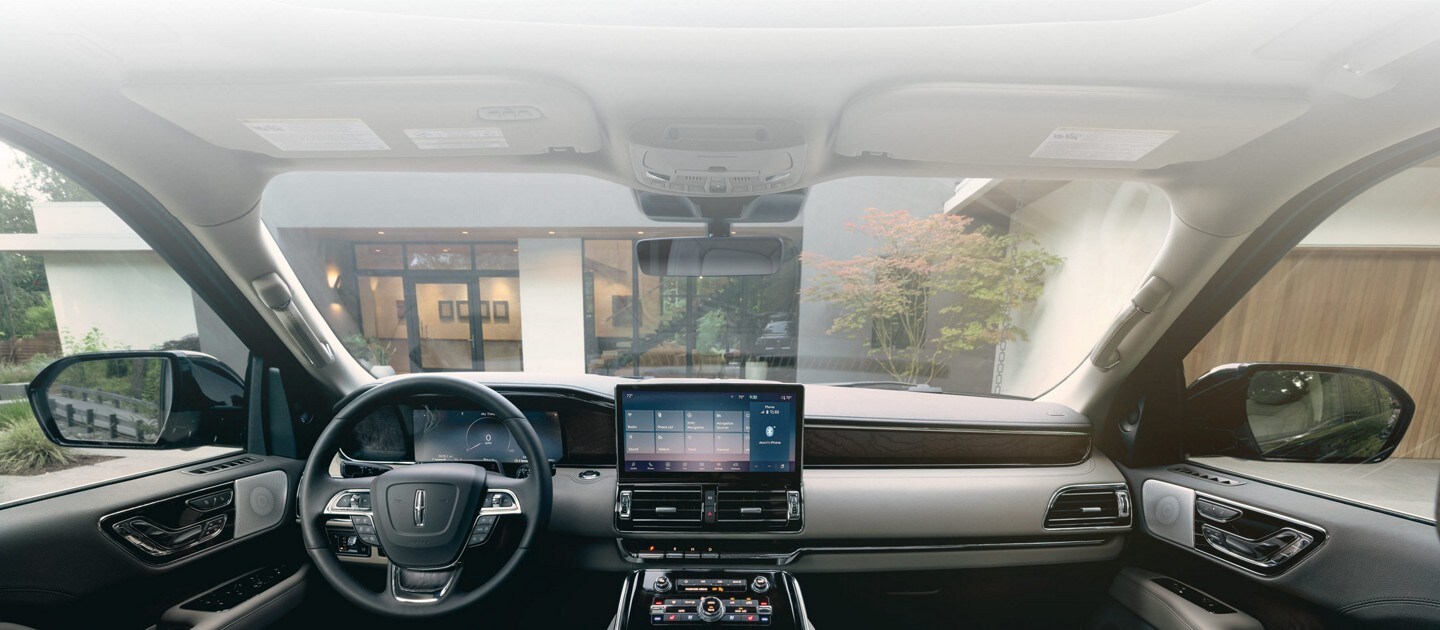
Credit: www.lincoln.com
Navigating The Market: Buying Tips
Stepping into the car market, both luxury and economy options glitter with promises. Making an informed decision can be a challenge. Seek practicality or indulge in opulence? In this guide, we unveil key buying tips to help steer your choice.
Test Driving And Feature Comparison
Test drives offer a sneak peek into your potential ride experience. They’re critical when choosing between luxury and economy cars. Here’s how to make the most of them:
- Book test drives for both luxury and economy models back-to-back.
- Assess the comfort level, ride quality, and handling.
- Explore the tech features, and don’t skip the sound system test!
Compare features side-by-side:
| Luxury Car | Economy Car |
|---|---|
| Premium materials | Durable fabrics |
| Advanced technology | Basic features |
| Powerful performance | Fuel efficiency |
Negotiating Deals And Discounts
Arm yourself with market knowledge before entering negotiations. With these strategies, confidently pursue the best deals:
- Research the fair purchase price for both luxury and economy cars.
- Time your purchase for year-end sales or new model releases.
- Discuss discounts, incentives, and financing options.
- Be ready to walk away if the deal doesn’t fit your budget.
Considering Pre-owned And Certified Options
Used cars can be gems when you know what to look for. Consider these points:
- Pre-owned luxury cars can offer excellent value, significantly depreciated.
- Certified pre-owned (CPO) programs provide warranties and quality assurances.
- Always check the vehicle history and insist on a thorough inspection.
- Compare CPO benefits across dealerships for the best coverage.
Frequently Asked Questions Of Luxury Vs Economy Cars
What’s The Difference Between Luxury And Economy Cars?
Luxury cars offer premium features, superior comfort, advanced technology, and powerful performance. Economy cars are more affordable, offering basic features and focusing on fuel efficiency and practicality. The choice depends on personal preference and budget.
How Much More Expensive Are Luxury Cars?
Luxury cars are significantly more expensive due to high-end materials, advanced features, and brand prestige. Prices can be several times higher than economy cars, which prioritize cost savings and value over luxury amenities.
Do Luxury Cars Have Better Safety Features?
Luxury cars often have advanced safety features not found in economy models. These include adaptive cruise control, lane departure warnings, and collision avoidance systems. However, many economy cars still meet stringent safety standards.
Are Economy Cars More Fuel Efficient?
Generally, economy cars are more fuel efficient. They are typically smaller, lighter, and have engines optimized for gas mileage over performance. They appeal to those prioritizing savings at the pump.
Conclusion
Choosing between luxury and economy cars hinges on personal preferences and practical considerations. Weighing factors like budget, comfort, and performance is crucial. Ultimately, your decision reflects your values and lifestyle. Embrace the car that aligns with your needs, ensuring a ride that’s both satisfying and sensible.
Drive into the future with confidence, knowing you’ve made an informed choice.

